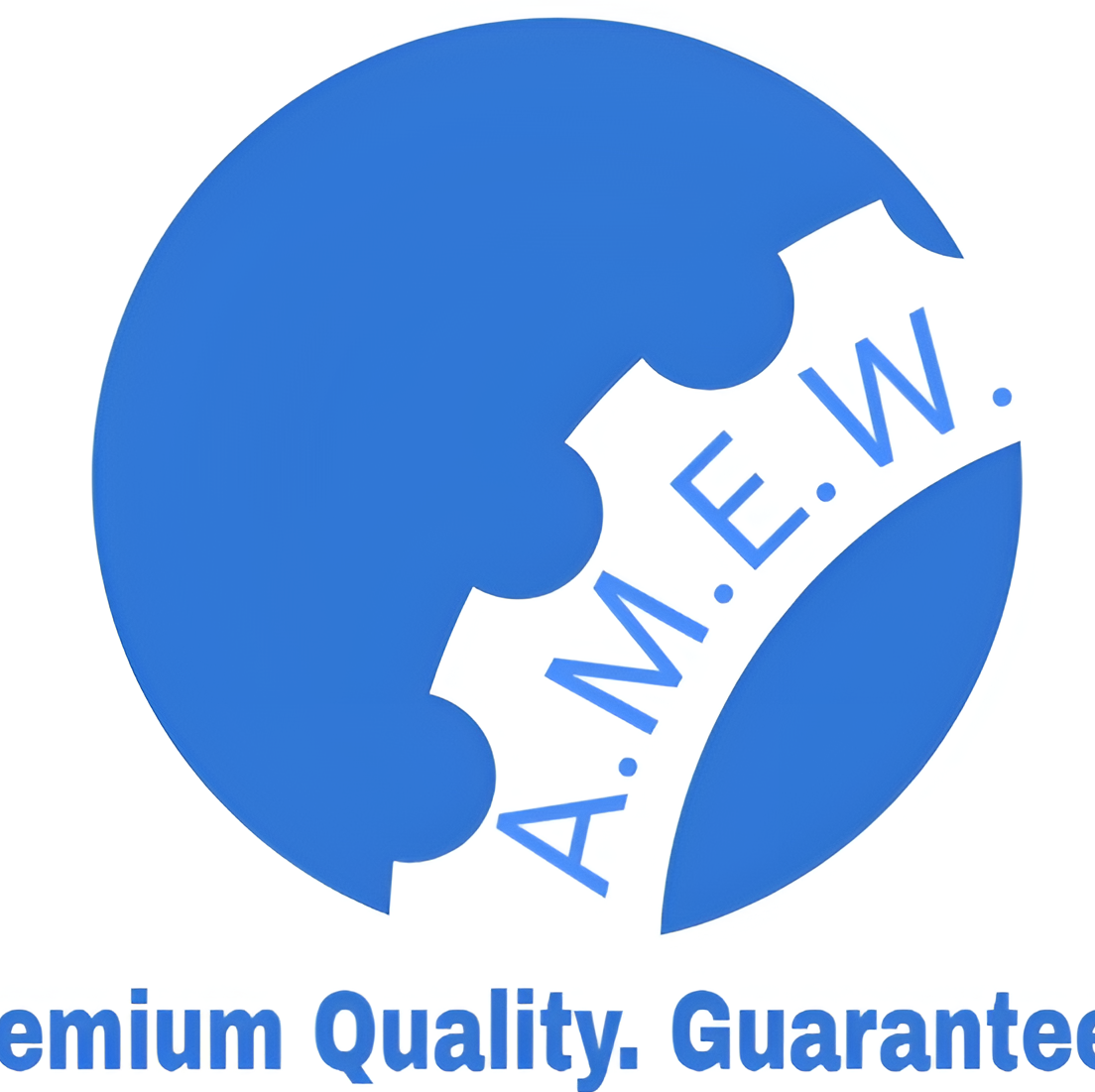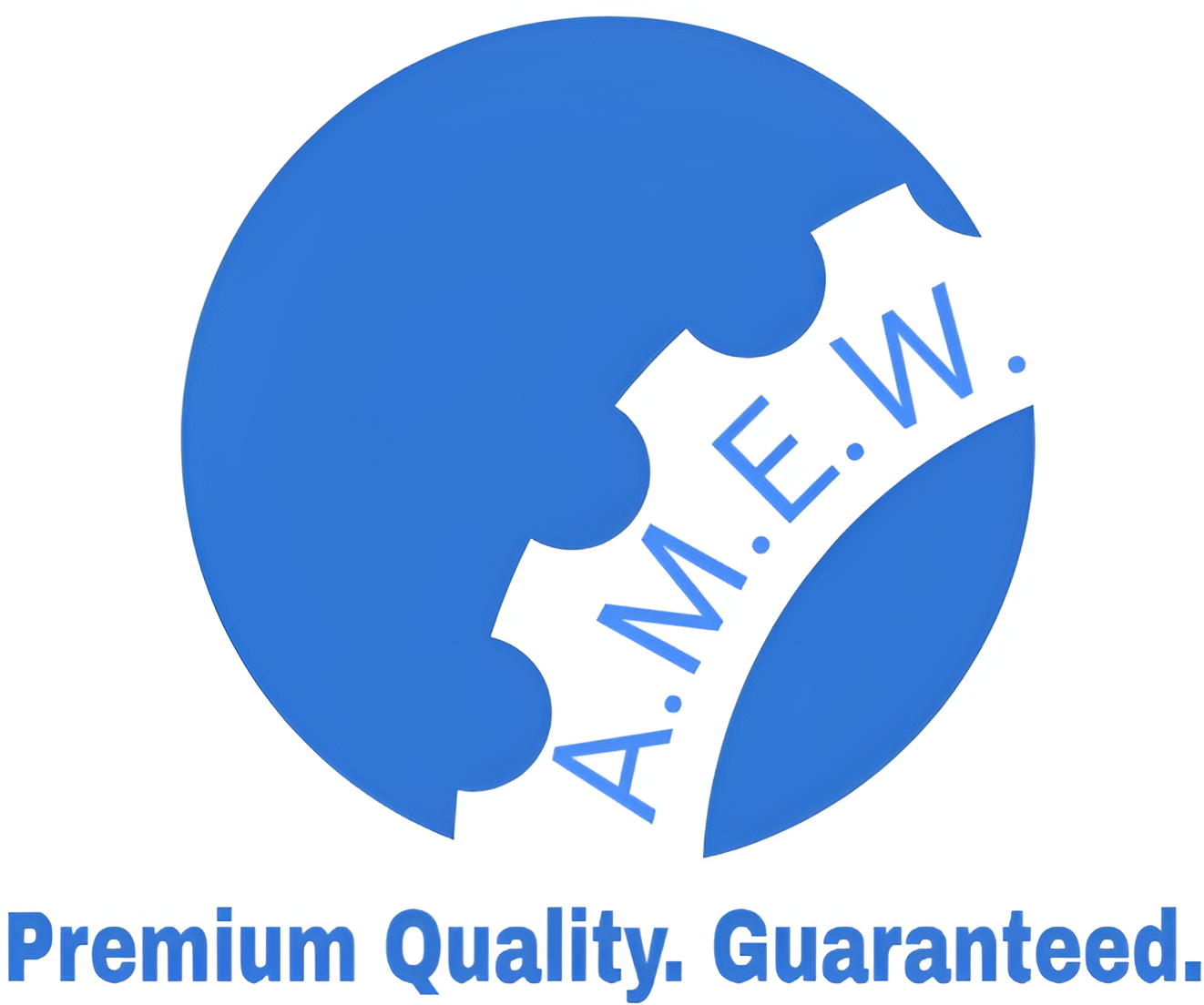Forged Roller Shafts: The Backbone of Reliable Manufacturing
Forged roller shafts play a crucial role in numerous industries, providing the strength, durability, and precision required in high-performance equipment. From heavy machinery to precision manufacturing tools, these components support critical processes across the industrial spectrum.
This guide will take you through everything you need to know about forged roller shafts. We’ll explore their definition, applications, and importance, break down the manufacturing process, highlight their advantages, and examine their role in various industries. By the end, you’ll understand their value and learn about trends shaping their future.
What Are Forged Roller Shafts?
Forged roller shafts are cylindrical mechanical components created using forging techniques. These shafts are designed for applications where precision, strength, and durability are key. Forging involves shaping metal under intense pressure, making the shafts incredibly robust.
Key Applications of Forged Roller Shafts
Forged roller shafts are widely used in industries such as:
- Automotive: Transmission systems, engines, and drive shafts.
- Oil and Gas: Drilling tools and pipeline systems.
- Aerospace: Aircraft landing gear and engine components.
- Manufacturing: Equipment used in rolling mills, conveyors, and gear systems.
- Power Generation: Turbines and critical rotating components in power plants.
These applications underscore their versatility and importance in demanding environments.
How Forged Roller Shafts Are Made
The forging process for roller shafts ensures they meet stringent performance requirements. Here’s an overview of the key steps involved in manufacturing forged roller shafts.
1. Material Selection
The process starts with selecting high-quality raw materials, such as carbon steel, alloy steel, or stainless steel, based on the intended application.
2. Heating
The raw material is heated to high temperatures to make it malleable and easier to work with during the forging process.
3. Forging
A forging press or hammer applies immense pressure to form the desired shape. Common forging techniques include open-die forging, closed-die forging, and seamless rolling.
4. Precision Machining
After forging, the shafts undergo machining to achieve precise dimensions, tolerances, and surface finishes required by the application.
5. Heat Treatment
To enhance mechanical properties such as hardness and strength, the forged shafts are subjected to heat treatments like quenching, annealing, or tempering.
6. Finishing
The final stage involves finishing processes like grinding or polishing to achieve the high-quality surface finish required by certain industries.
The controlled nature of forging ensures minimal defects, high structural integrity, and the highest level of performance.
Why Choose Forged Roller Shafts?
Forged roller shafts outperform their counterparts manufactured using other techniques like casting or machining. Here’s why they stand out in critical applications.
1. Superior Strength
Forging aligns the grain structure of the metal, resulting in a stronger and more resilient component. This makes forged roller shafts ideal for applications involving heavy loads and extreme stress.
2. Durability and Reliability
Forging eliminates internal voids and improves metallurgical properties, resulting in products with superior wear resistance. This translates to longer life spans and reduced maintenance costs.
3. Precision and Customization
The forging process allows for precise control over dimensions and detailed customization specific to the application.
4. Economic Efficiency
Although initially more expensive than other methods, forged roller shafts offer long-term savings through reduced failure rates and extended service life.
Choosing the Right Materials
Material selection is a key factor in ensuring the performance and longevity of forged roller shafts. Each application comes with unique demands that dictate the choice of material.
Common Materials Used
- Carbon Steel
Ideal for general-purpose shafts, offering high strength and affordability.
- Alloy Steel
Provides enhanced mechanical properties for applications requiring higher load resistance.
- Stainless Steel
Resists corrosion, making it suitable for environments with exposure to moisture or chemicals.
- Specialty Alloys
Titanium and other advanced alloys cater to high-performance and weight-sensitive applications, such as aerospace and defense.
Material selection should consider factors such as operating conditions, load requirements, and environmental exposure. Consulting with material experts can ensure you make the right choice.
Applications Across Industries
Forged roller shafts are versatile components with applications that span multiple industries.
Automotive
Forged shafts in automotive systems ensure reliability and efficiency. They’re critical for gearboxes, engines, and drive systems.
Oil and Gas
Used in drilling rigs and pipelines, forged roller shafts are essential for maintaining operational integrity in challenging environments.
Aerospace
The aerospace industry relies on high-strength, lightweight forged shafts for components like landing gear and turbine systems.
Manufacturing and Power Generation
Forged shafts play a major role in rolling mills, conveyor belts, and energy systems, ensuring seamless industrial processes.
Real-world Example
For instance, energy companies have reported significant increases in turbine efficiency and reduced downtimes by transitioning to forged shafts.
Quality Control and Testing
Ensuring optimal performance and longevity requires stringent testing and quality control processes.
- Non-destructive Testing (NDT)
Techniques like ultrasonic testing or magnetic particle inspection detect surface imperfections or internal defects without compromising the integrity of the shaft.
- Mechanical Testing
Hardness, tensile strength, and impact resistance are tested to ensure the shaft meets design specifications.
- Dimensional Inspection
Precision measurement tools are used to verify that dimensions adhere to design tolerances.
These measures ensure high reliability, making forged roller shafts dependable even in the most demanding applications.
The Future of Forged Roller Shafts
Technological advancements continue to shape the future of forged roller shafts.
Innovations to Watch
- Advanced Materials
The use of lightweight yet durable materials like titanium composites is growing, especially in aerospace and defense.
- Automation
Increased automation in forging processes ensures better repeatability and efficiency.
- Sustainability
Environmentally friendly materials, energy-efficient forging, and recycling initiatives are becoming more prominent.
The future is bright and full of promise for forged roller shafts as industries seek more robust and sustainable solutions.
Building the Future with Forged Roller Shafts
Forged roller shafts aren’t just mechanical components; they’re the backbone of industries that drive global innovation. Their strength, durability, and efficiency are unmatched, allowing manufacturers to achieve greater reliability and cost savings.
Understanding the importance of material selection, rigorous quality control, and innovative trends can help engineers and manufacturers make informed decisions when integrating forged roller shafts into their designs.
If you’re looking to incorporate forged roller shafts that elevate performance in your projects, consult with industry experts to ensure you’re making the best choice for your specific application.

